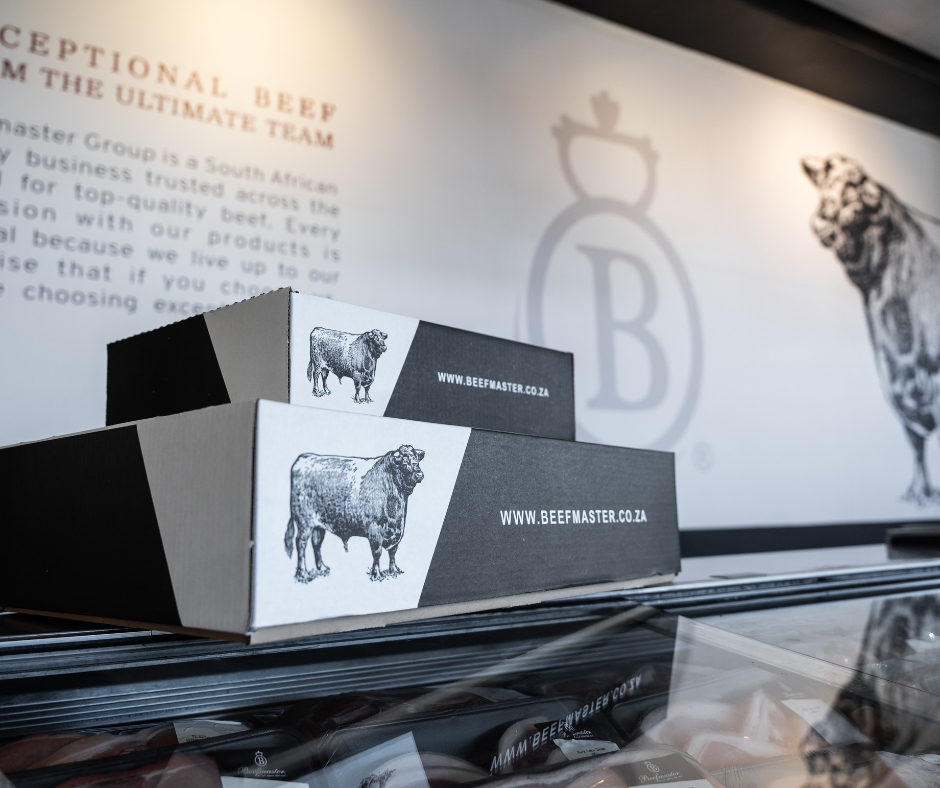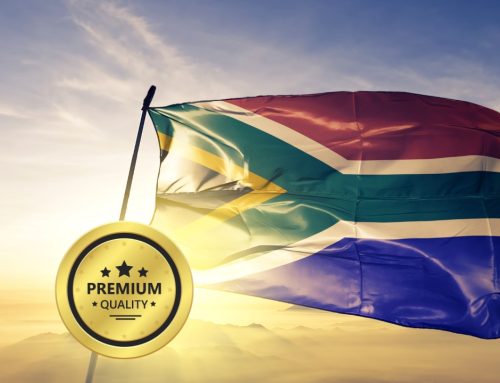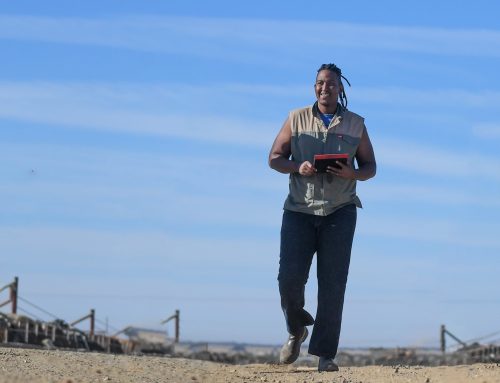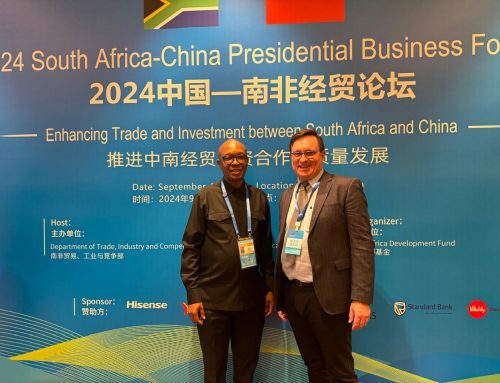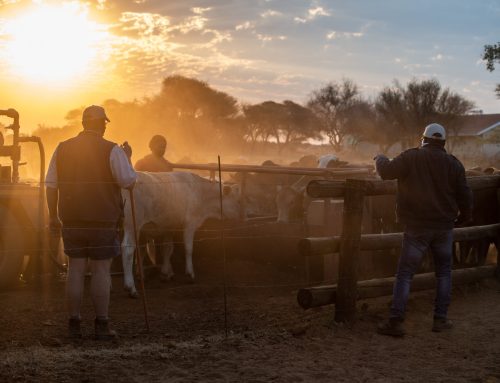Consumers are feeling the pinch, and so are food producers. Despite upward cost pressures, Beefmaster Group is committed to not passing increases on to customers.
November 2022: Beefmaster Group, one of South Africa’s leading suppliers of specialist beef products to South Africa and beyond, says local beef producers and the agriculture sector, in general, have experienced severe input cost pressures throughout the entire value chain over the last two years. Despite this, the company is firmly focused on keeping the cost of beef in check-in 2023, says Louw van Reenen, CEO of Beefmaster Group, a leading supplier of specialist beef products to local and international markets.
“This continuous upward cost pressure requires innovative and new ways to improve capital allocation and utilisation to increase efficiencies in the business. The absence of such initiatives could weaken the sustainability of agri-business for the next generations. We have, for example, experienced commodity and other inputs to increase by more than 30%. This adds severe pressure to our profit margins since we do not necessarily pass these increases on to our customers, who are feeling the impact of the current economic situation. This requires a delicate balance between our external pricing and internal production capacity,” says van Reenen.
He says that 2023 is likely to be a challenging year for the business, “if we take the current threats into consideration.”
A threat putting significant pressure on the company’s bottom line is the increased cost of energy (which includes the cost of downtime because of load shedding).
He adds that conflict in Europe and supply disruptions on an international scale, as well as poor service and infrastructure, make for very challenging times for businesses in South Africa.
“For example, the cost of maize and fossil fuels push production costs to levels which require very careful and diligent planning to maintain sufficient margins and cash resources to protect jobs, stimulate business growth, and raise capital at affordable price points.”
Van Reenen says in 2023 the business will remain focussed on being more effective to produce affordable beef and use the exchange rate to its advantage.
“We can’t control the increased input rates, but the lever we can pull is exports,” says van Reenen, adding that the company foresees the weaker rand to play a positive contributing factor to its earnings in 2023. “We will also manage our costs and aim to keep our current staff complement.”
He says that new export markets will create opportunities for the company, as well as South Africa as the country will be able to export beef that cannot be absorbed in the SA market.
“These export deals are likely to see the rest of the beef industry focus on job security rather than employing more people.”
Van Reenen says that biosecurity issues like FMD and disease management in general continue to threaten the profitability of the beef industry.
“It is too soon to tell what the cost of the disease will be on the industry. We will have a better picture of the real impact of FMD only by the end of quarter one 2023.”
He explains that many of the cattle that were positive for FMD have now been vaccinated, but they will only be able to be marketed towards the end of March 2023.
“Then there will be a gap because too few animals will be traded. Feedlots are expected to be relatively empty then, but new placements may come through after that. We don’t know what impact the gap will have on businesses,” says van Reenen.
His advice for industry role-players amidst the headwinds facing the industry are to keep their eyes on the longer-term plan.
“There will be years like 2022 where costs will increase. Costs of logistics, transport, shipping as well as fertilizer increased this year. Agriculture has had a difficult year, and farmers who have been affected by FMD have had their hands tied, with many needing to borrow more money to make it through. We can’t expect government to perform miracles, and if we want to turn things around, we will need to focus on doing it together.”
Amidst the grim outlook, does van Reenen believe things will get better?
“Our philosophy is always to seek the opportunities during difficult times and even more so in present times. The challenge next year is to conduct normal business in not so normal circumstances,” concludes van Reenen.
